
That was the message loud and clear emerging from a stimulating day at Canberra Grammar, where music-making mingled with some of the leading minds of our pedagogical world.
The ground had been set early in the morning with a composition seminar for senior music students and composer-in-residence Chen Yi and a session for junior school students called “4 Dragons: an introduction to the music of China,” in which instrumentalist Nicholas Ng, soprano Shu-Cheen Yu and sheng (Chinese mouth organ) virtuoso Loo Sze-Wang told a story through Chinese musical instruments.
For the public there followed a high-quality day travelling musically from east to west.
Beijing’s China Orient Orchestra of zither (zheng) players performed a suite by contemporary Chinese composer Wang Tianyi to film footage tracing the last battle of the legendary King Xiang Yu, including the famous operatic sub-story known as “Farewell my Concubine”. This work and the film had been originally conceived for piano and zheng, so we had the chance to see on screen how the zheng, in the hands of Prof Jiang Miao, could equal the piano as an instrument.
Singapore’s Ding Yi ensemble played works mostly from southern China, accompanied by demonstrations and explanations of the traditional instrumentation. Most people, festival director Roland Peelman opined from the sidelines, would have known little of this.
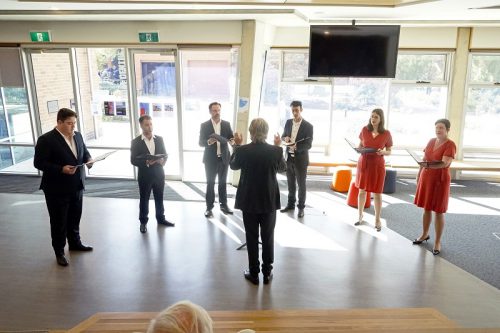
After lunch the Simón Bolívar company from Venezuela, joined by selected festival young artists, performed Elena Kats-Chernin’s six-part re-imagining of manuscript notebooks presented by Johann Sebastian Bach to his second wife, Anna Magdalena, interspersed with short performances from the actual notebooks by talented Canberra Grammar music students. Kats-Chernin’s dramatic composition, mostly for strings, followed the original notebooks in encompassing minuets and polonaises, with a central aria performed by soprano Anna Fraser.

Joined on the stage by Australia’s leading music education advocate Richard Gill; the head of Canberra Grammar, Justin Garrick; Chinese-American composer-in-residence for the festival, Prof Chen Yi, and music education specialist with the University of Canberra, Anita Collins, Sollis pitched into the big questions about the role of music in schools of the 21st-century.
Things got onto a fiery start as Gill pronounced, “the country is obsessed with literacy and numeracy and it’s destroying our education.” Literacy and numeracy, he argued, were not ends in themselves but rather “states at which one arrives”. By contrast, allocation of time and expertise to music classes – and for him, particularly singing – often results in high academic achievement. He cited the case of a western suburbs school in Sydney with more than 80 per cent Arabic speakers that lifted its performance dramatically when backed by arts studies.
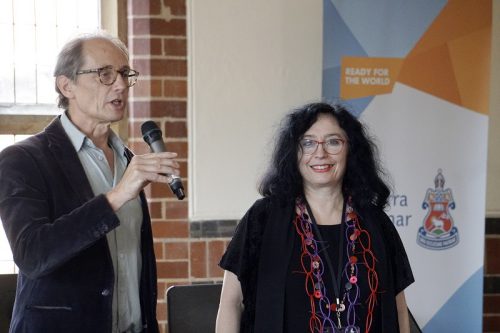
Professor Yi outlined ways in which in US liberal arts colleges, participation in orchestras and choirs has been mandated for all academic students, also pointing to the way in which to the boom in music education on Chinese campuses.
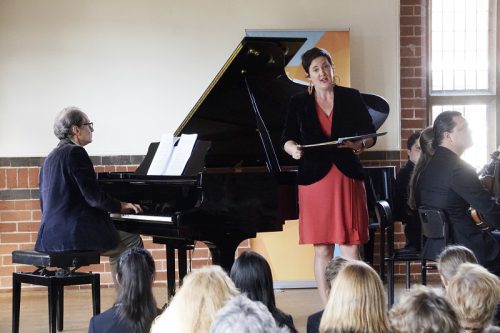
In a Q&A with the audience that followed, the panel rejected the idea that music was intrinsically elite, made it clear that technology was to be regarded as a tool not an end in itself and argued that the best advocacy was peer-to-peer and child to child, seeing hope in the fact that there were still many public schools that said: “Music underlies what we do”.
When a Canberra Grammar student asked what was to be done about the dominance of sport over artistic cultures in our society, Sollis, a Gungahlin Bulls tragic, leapt to the floor in defence of sport and the attitudes to the arts in sport, while Gill responded rather diplomatically that sport was so popular because the sports teachers did it all so well.
There were those in the audience who begged to differ.
Who can be trusted?
In a world of spin and confusion, there’s never been a more important time to support independent journalism in Canberra.
If you trust our work online and want to enforce the power of independent voices, I invite you to make a small contribution.
Every dollar of support is invested back into our journalism to help keep citynews.com.au strong and free.
Thank you,
Ian Meikle, editor
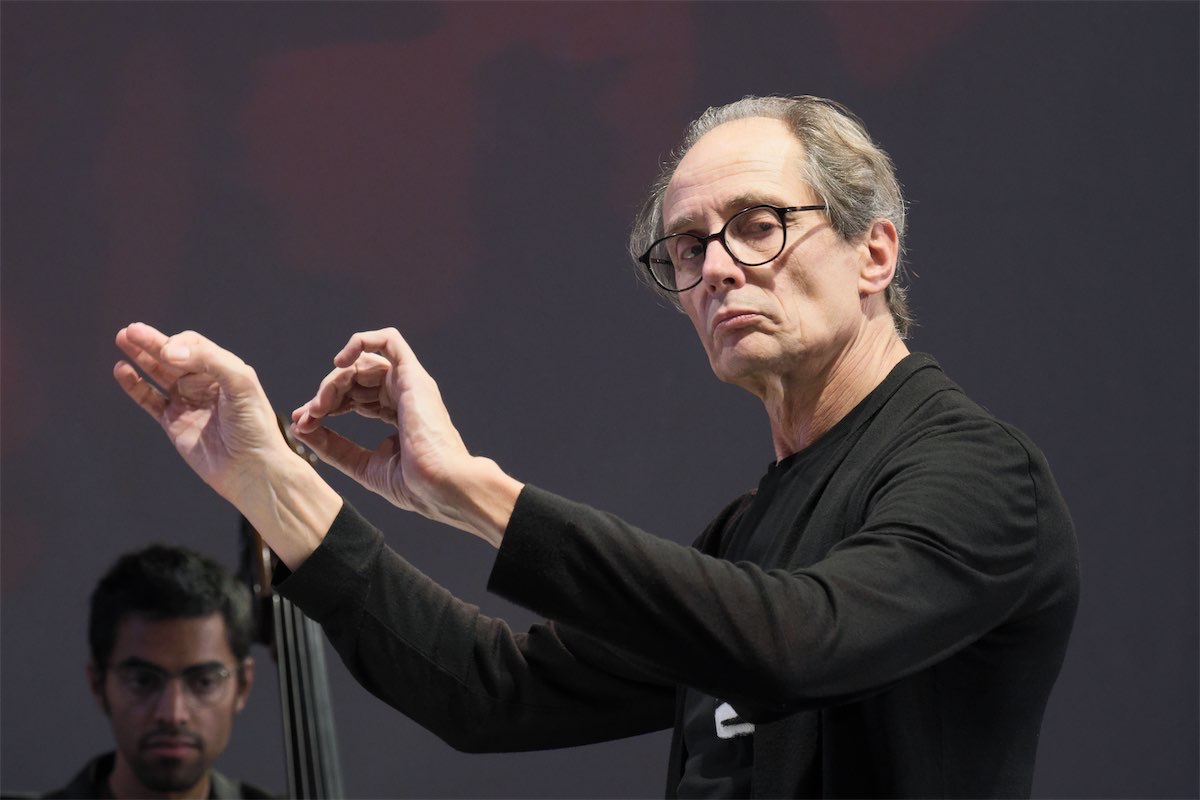
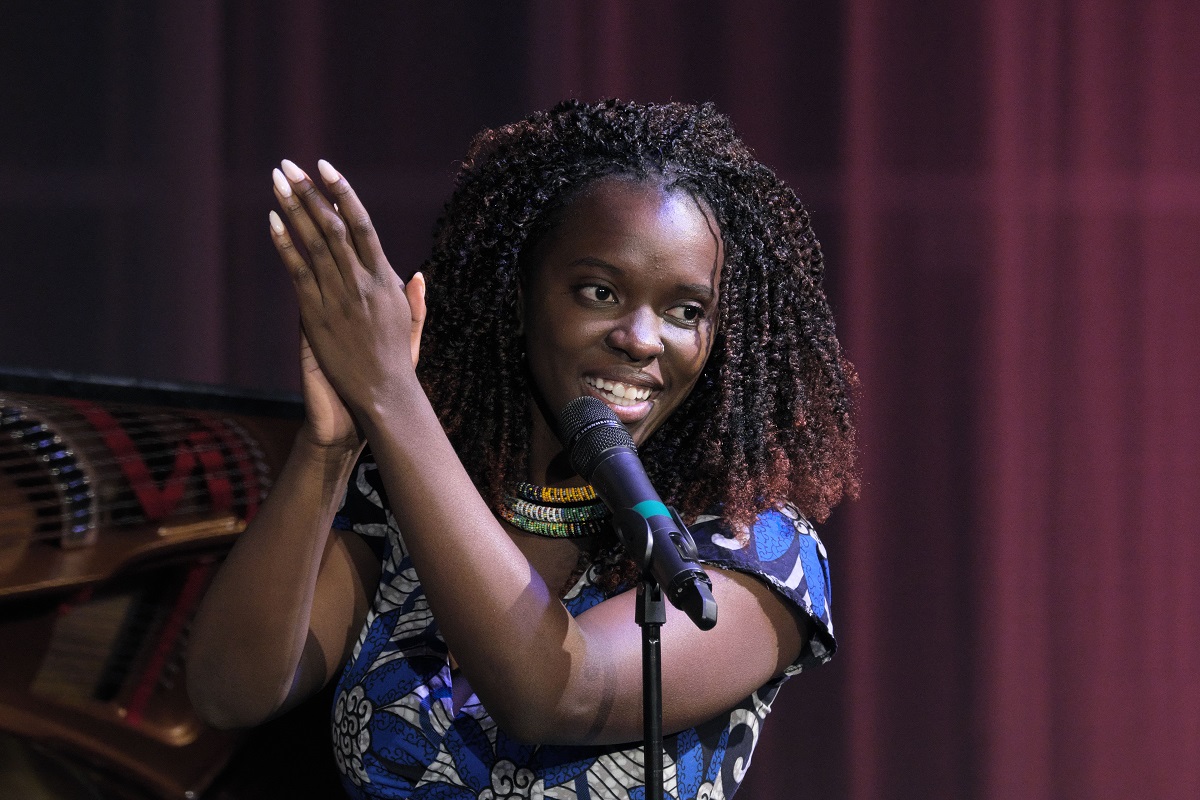
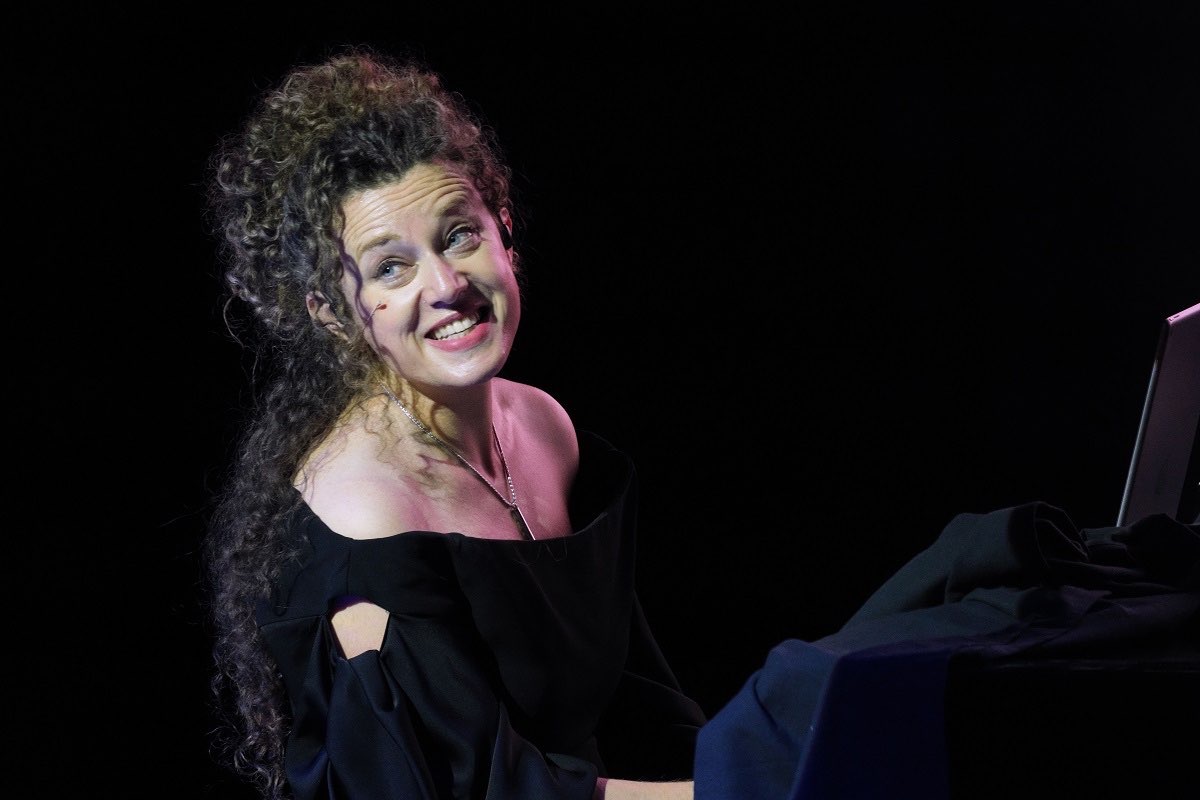

Leave a Reply